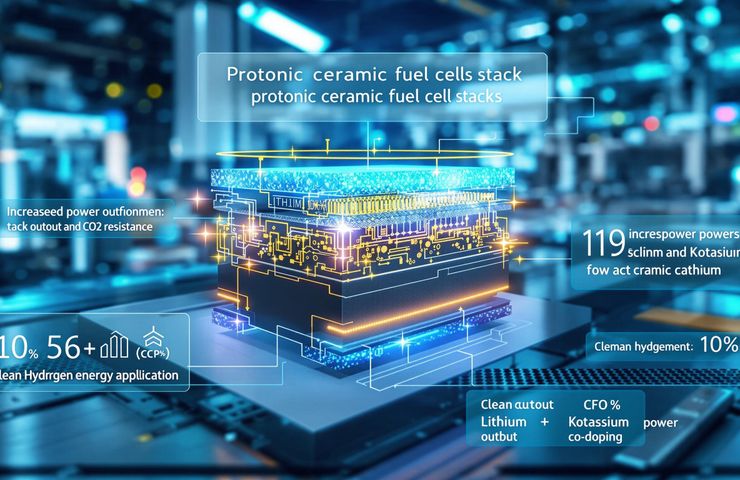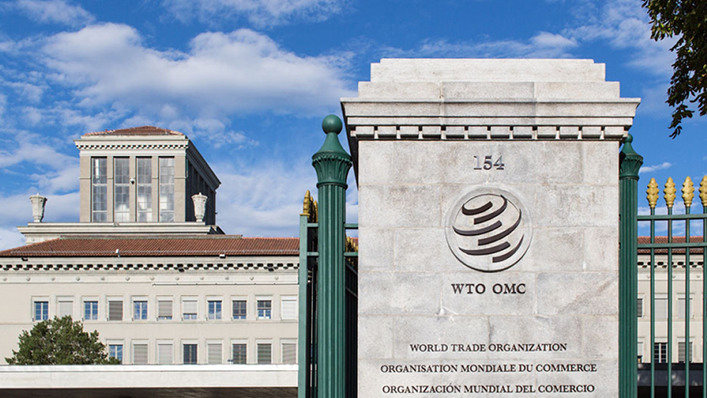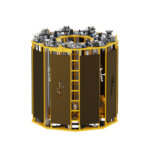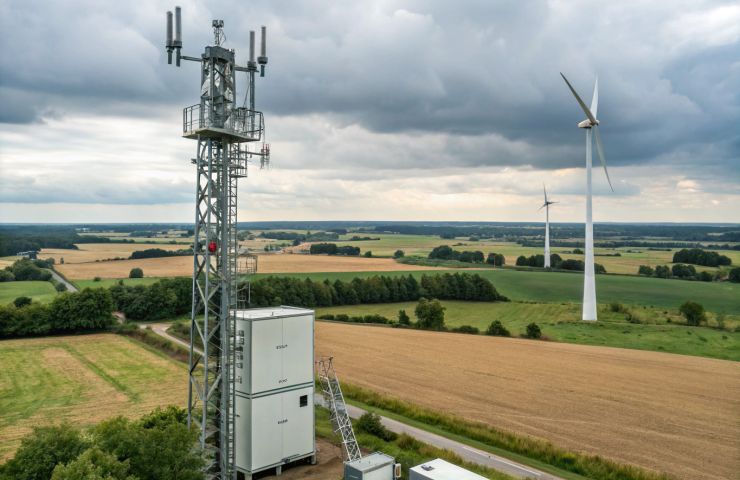Breakthrough in Protonic Ceramic Fuel Cells Enhances Hydrogen Fuel Cell Technology Efficiency
Kim et al. have come up with a game-changing new material for Protonic Ceramic Fuel Cells (PCFCs), and it’s turning…


Kim et al. have come up with a game-changing new material for Protonic Ceramic Fuel Cells (PCFCs), and it’s turning heads in the clean energy world. By adding both lithium and potassium ions to the perovskite compound BCFZY, they’ve engineered a smart, dual-purpose solution. Here’s how it works: the Li⁺ ions lock down the cell’s surface, stopping unwanted carbonate buildup, while the K⁺ ions boost proton conductivity throughout the material. The result? A massive 30% jump in power output and way better long-term stability—even at high operating temps like 600°C.
Next-gen PCFCs make their way into real-world applications
Adaptive Energy is already jumping on this innovation, building it into its intermediate-temperature fuel cell systems that are ideal for off-grid locations and defense operations. These markets need solutions that are rugged, efficient, and reliable, and this tech checks all the boxes.
A big boost for the hydrogen fuel cell market
With the global market for PCFC technology expected to swell from $137 million in 2025 to north of $500 million by 2032, this development could help accelerate the shift to sustainable energy. It’s a solid step forward for hydrogen fuel cells—and for the continued buildout of essential hydrogen infrastructure.
What's Your Reaction?


























































